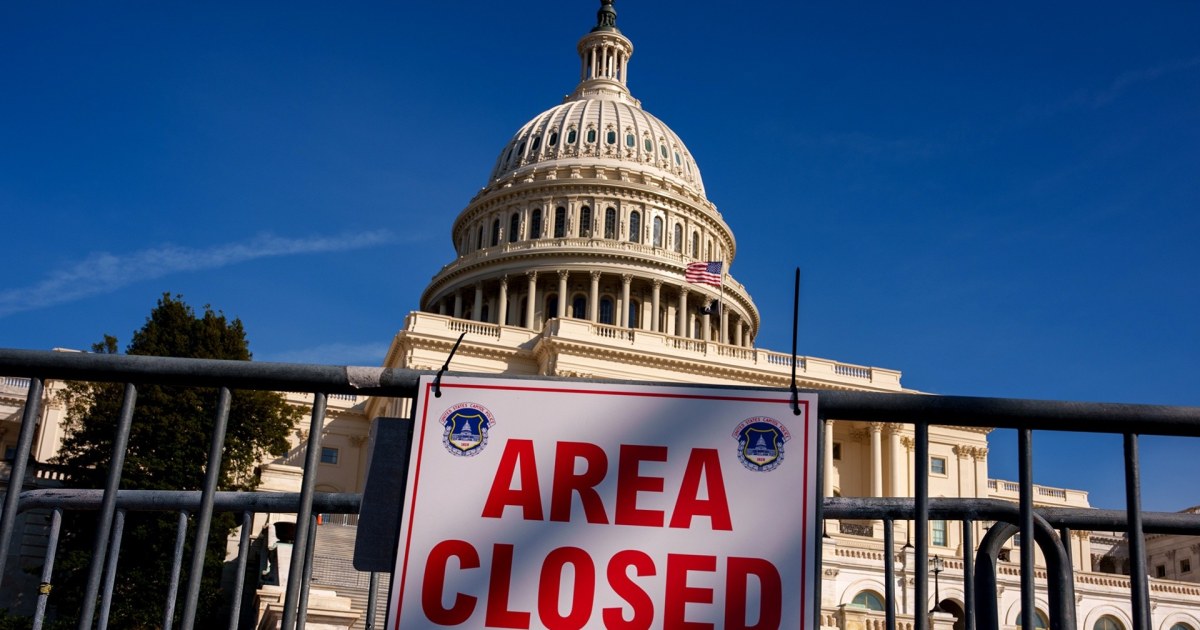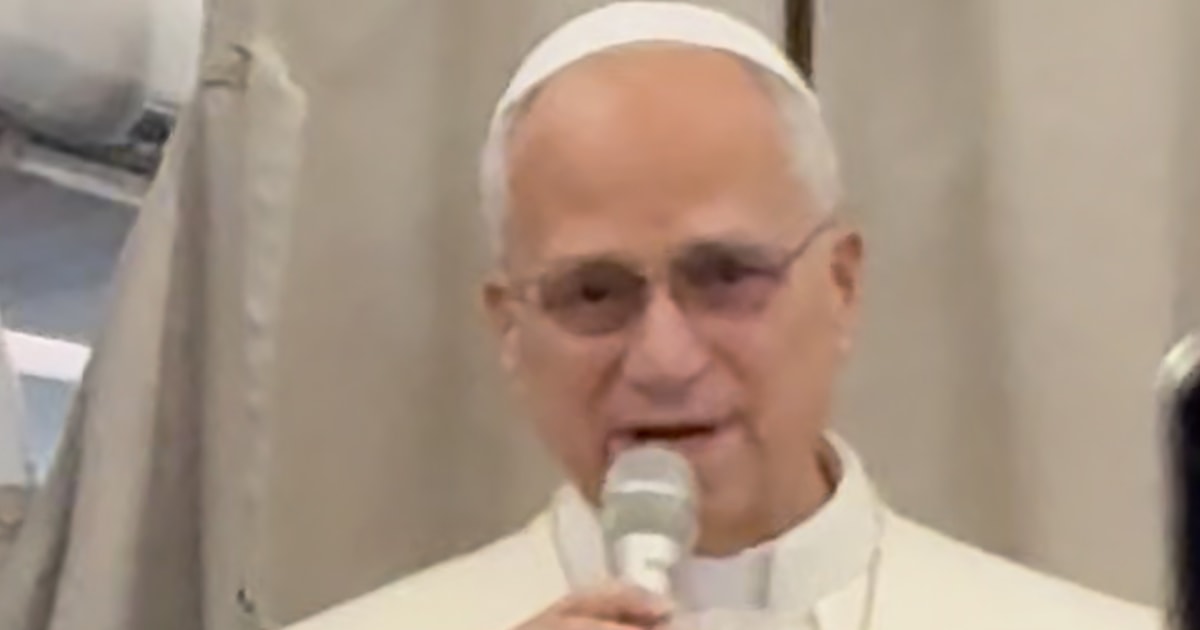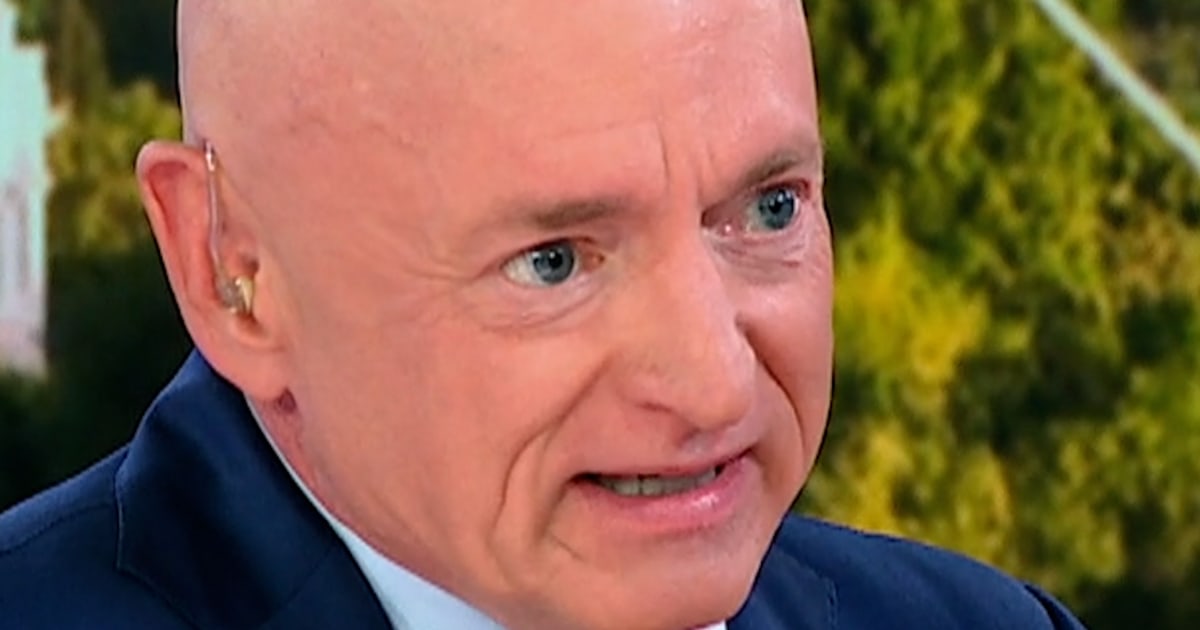Members of Congress are pointing blame across the aisle after a series of votes designed to fund the federal government failed, triggering a shutdown. President Donald Trump says he doesn’t want a shutdown, but holds firm. “A lot of good can come down from shutdowns. We can get rid of a lot of things that we didn’t want,” he says. NBC’s Ryan Nobles reports for TODAY on what the shutdown means for federal workers.
Source link
US Government Shuts Down After Senate Rejects Funding Deals



